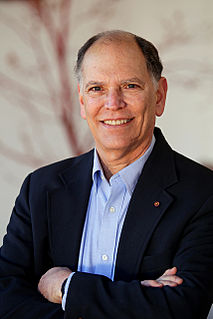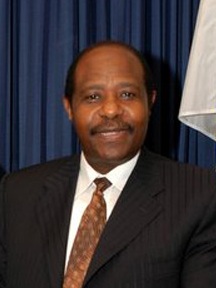A Quote by John Steinbeck
Like most passionate nations, Texas has its own history based on, but not limited by, facts.
Related Quotes
Reading things that are relevant to the facts of your life is of limited value. The facts are, after all, only the facts, and the yearning passionate part of you will not be met there. That is why reading ourselves as a fiction as well as fact is so liberating. The wider we read the freer we become.
Facts are neutral until human beings add their own meaning to those facts. People make their decisions based on what the facts mean to them, not on the facts themselves. The meaning they add to facts depends on their current story … facts are not terribly useful to influencing others. People don’t need new facts—they need a new story.
In the late 19th century there was a major union organization, Knights of Labor, and also a radical populist movement based on farmers. It's hard to believe, but it was based in Texas, and it was quite radical. They wanted their own banks, their own cooperatives, their own control over sales and commerce.
The introduction of the Christian religion into the world has produced an incalculable change in history. There had previously been only a history of nations--there is now a history of mankind; and the idea of an education of human nature as a whole.--an education the work of Jesus Christ Himself--is become like a compass for the historian, the key of history, and the hope of nations.



































